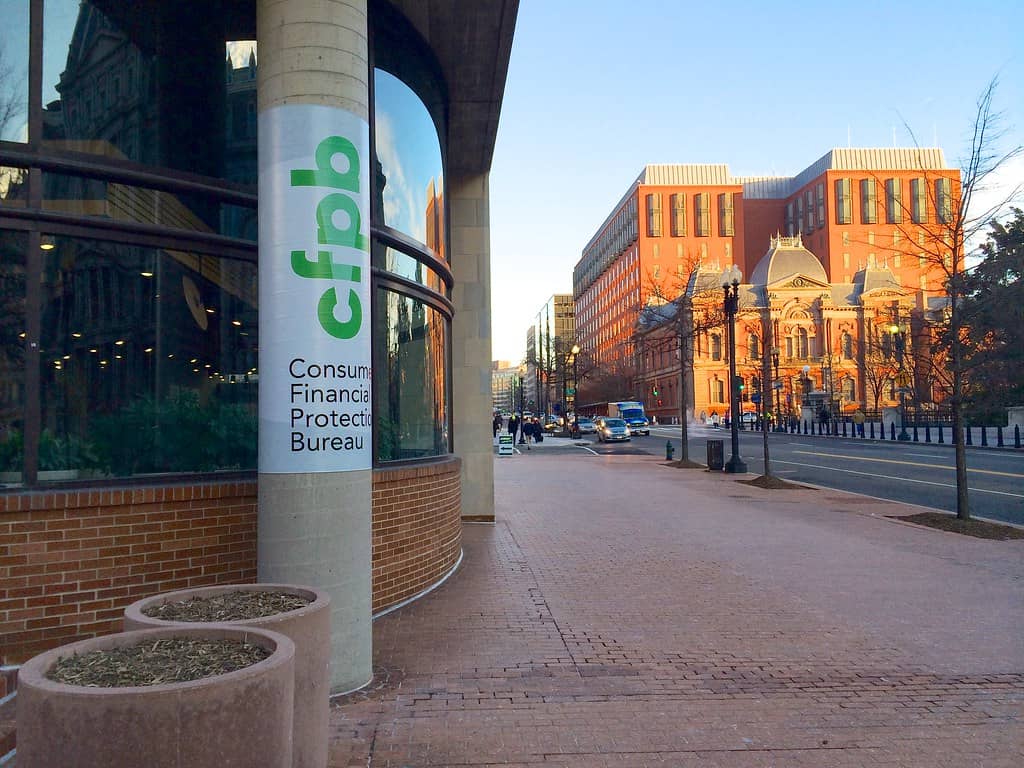It is no secret that the HEROES Act was written in haste and as Virginia Democrat, Abigail Spanberger pointed out, “unfortunately, many members of Congress—including some in my own party—have decided to use this package as an opportunity to make political statements,” Ms. Spanberger said.
Among many aspirational provisions the bill has, the amendments to the FCRA are the most troublesome for the credit reporting industry, and are well articulated in a recent piece by Erin A. Sedmak & Theodore W. Seitz at the firm, Dykema, which we highly recommend.
We have extrapolated and quoted four arguments the article makes to help our members have concise talking points when addressing policy makers as we prepare for upcoming legislation.
- Prohibition on Reporting of Adverse Information in a “Major Disaster”
- “How would a CRA, or even a furnisher, know whether the adverse information was the result of the “major disaster”? This is particularly true where CRAs report bankruptcies, which may or may not have been the result of events that occurred during the “major disaster.”
- “Moreover, as lawyers know all too well, an event can result from more than one proximate cause. To what extent, then, did an “action or inaction” during a “major disaster” affect a particular event to result in adverse information?”
- Prohibition on Reporting Adverse Information (cont.)
- “For instance, suppose a bank’s records show that in some months during the pandemic the consumer made payments on his outstanding credit card balance and in some months he did not. Under the HEROES Act, CRAs are not allowed to report the missed payments because they are “adverse items of information.” So the bank will furnish CRAs with payment history for only the months in which he made payments.”
- Requiring the Consumer Financial Production Bureau (“CFPB”) to create a website on which consumers could report “economic hardship” as a result of a “major disaster.”
- “The consumer is only required to report “economic hardship” and not identify specific events resulting from such hardship. Therefore, a CRA would have no way of knowing which adverse items should be deleted.”
- “Such a prohibition opens the floodgates for consumers to fraudulently avoid negative credit reporting. Moreover, it would significantly impair a CRA or furnisher from establishing a defense to a FCRA action against it.”
- Increasing the Cost of Credit
- “The HEROES Act would frustrate the ability of CRAs to provide detailed credit information regarding consumers, and creditors may react by increasing the cost of obtaining credit. Creditors would be unable to make an accurate determination of risk if forced to consider that there could be adverse information that the creditor was prohibited from obtaining.”
